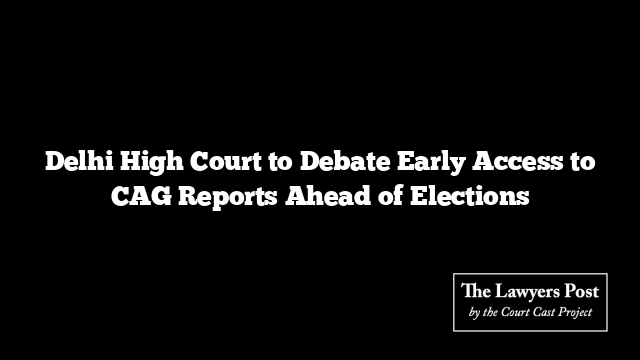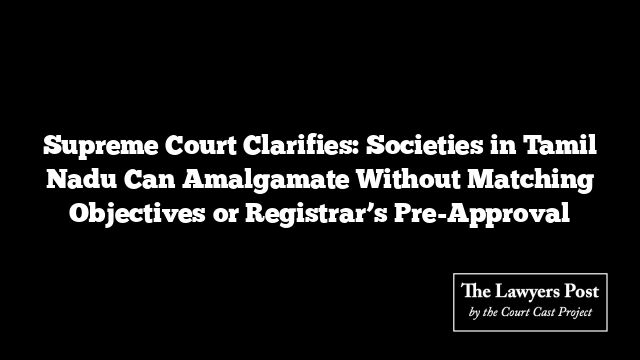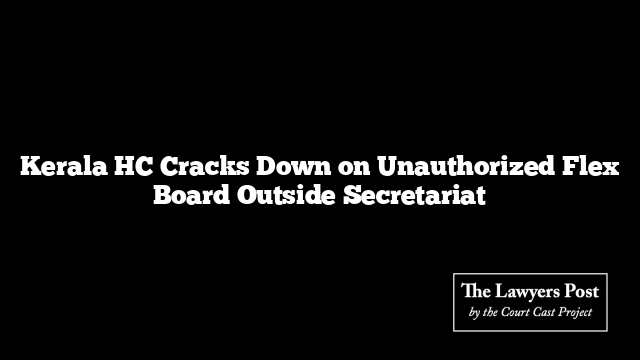The Delhi High Court is poised to decide whether audit reports by the Comptroller and Auditor General of India (CAG) can be disclosed to the public before being officially presented in the Legislative Assembly—a question stirring debate ahead of upcoming elections in the capital.
The matter stems from a public interest litigation (PIL) urging the Central government, Delhi’s Lieutenant Governor, and the CAG to make the audit findings accessible online. The petition argues that voters deserve transparency regarding Delhi’s financial health before casting their ballots.
This issue aligns with calls from the Bharatiya Janata Party (BJP) to convene a special session of the Assembly to table the reports before election season intensifies.
Judicial Observations
On January 14, a bench led by Justices Yashwant Varma and Harish Vaidyanathan Shankar highlighted the tension between established procedural norms and citizens’ right to information. While the CAG maintained that reports must remain confidential until formally laid before the Assembly, the Court suggested that broader transparency rights might take precedence.
The judges noted, “The Manual of Procedure regulates the presentation of reports for legislative debate but does not necessarily override the public’s overarching right to information.”
Legal Framework and Arguments
The petitioner cited the constitutional right to information under Article 19(1)(a) and referenced a Supreme Court ruling affirming voters’ entitlement to critical data for informed decision-making. Meanwhile, the CAG countered that its role is limited to submitting reports to the Lieutenant Governor, leaving further actions to constitutional authorities.
The Court plans to delve deeper into these arguments during the next hearing on January 24.
Broader Implications
This case touches on the delicate balance between legislative protocol and the electorate’s demand for transparency. If the Court sides with the petitioners, it could set a precedent for more immediate public access to audit reports, reshaping how governments handle sensitive financial data during election cycles.
The upcoming hearing will determine whether democratic transparency takes precedence over procedural conventions, a decision with potential ripple effects for governance and electoral accountability across the country.





